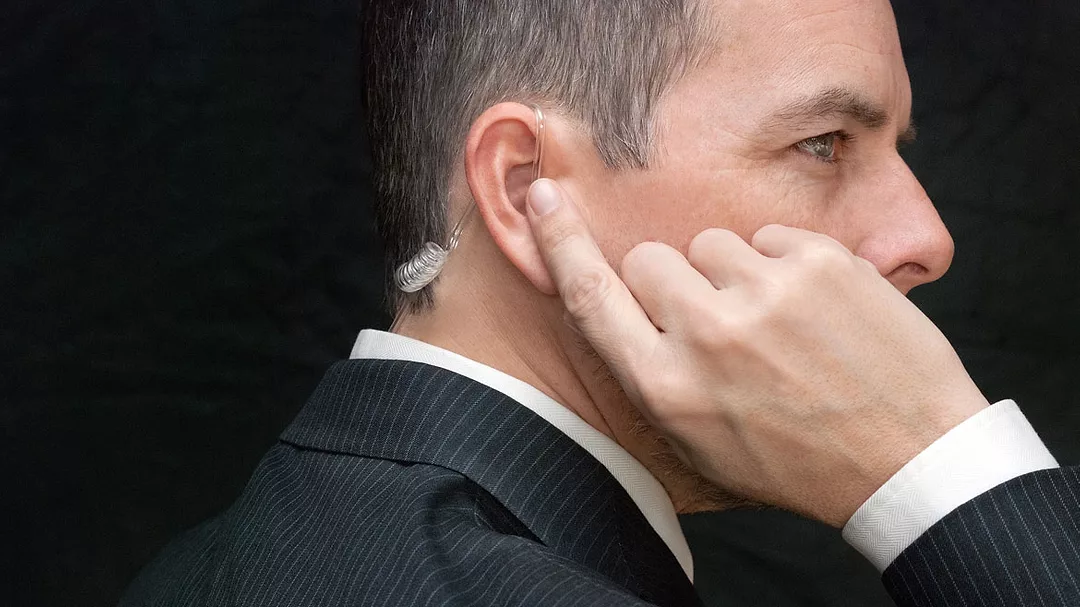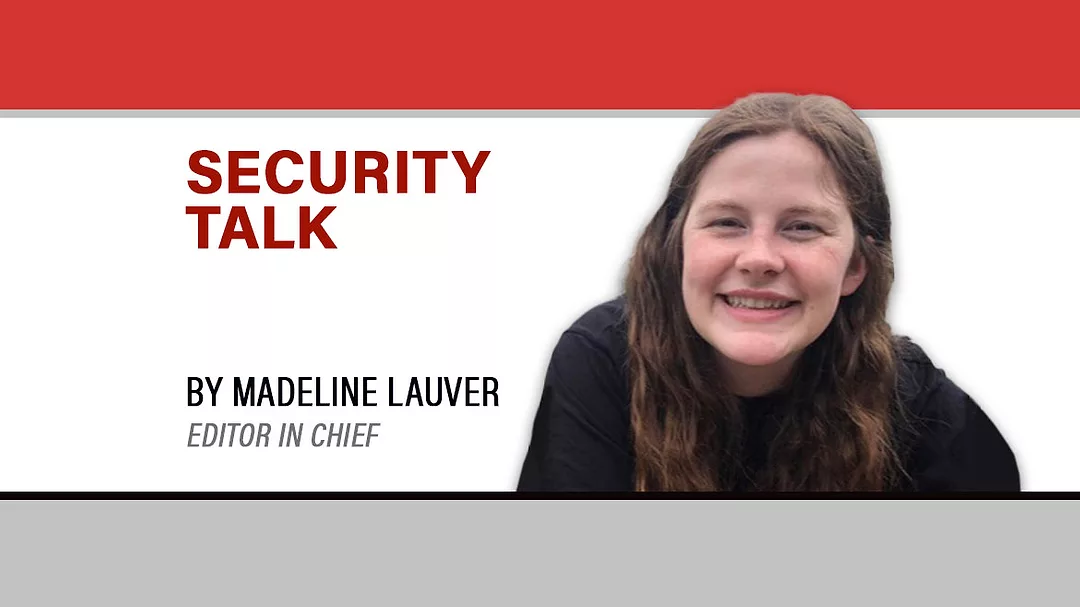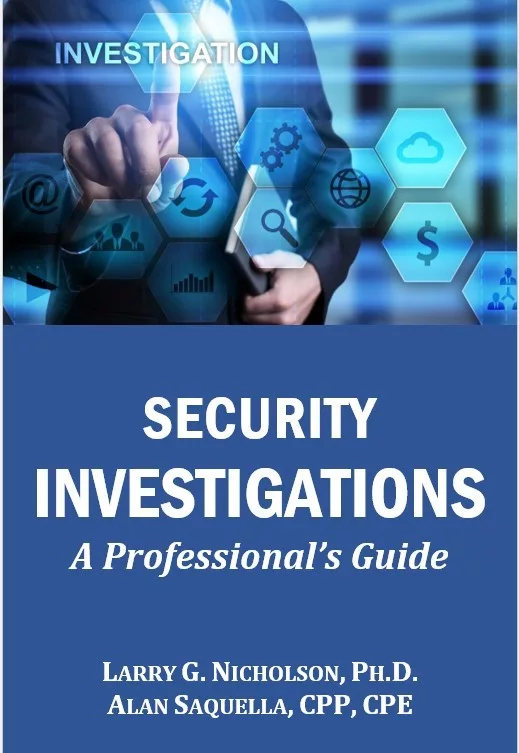Security Talk
Enterprise security lessons from a secret service special agent
Jack Leskovar explains how the security management lessons learned from his 31-year career in the Secret Service benefit his private sector role in campus safety.


The public and private sectors can operate in siloes at times, but there are a number of valuable security lessons enterprise security leaders can draw from a career in government security.
Jack Leskovar, Director of Security and Risk Management at Edgewood College in Madison, Wisconsin, knows this on a personal level. Prior to starting at Edgewood College in 2022, Leskovar led a 31-year career in the U.S. Secret Service, progressing from a Uniformed Division Officer to Special Agent serving across multiple branches of the organization. During his Secret Service career, Leskovar served in the Omaha, Nebraska; Washington, D.C.; and Denver, Colorado field offices, including a four-year assignment protecting the Vice President of the United States. He served during the September 11 attacks on New York City, the 1996 bombing of the Atlanta Olympics and the D.C. sniper attacks in 2002.
Leskovar says his government experience has shaped his security perspective and his approach to campus safety at Edgewood College.
“With the 31 years in the Secret Service, all the puzzle pieces in this new role are fitting together. I love working with the students. It's a good place to be,” Leskovar says.
Public sector lessons for enterprise security
During his transition to an enterprise security role, Leskovar relied on three security leadership strategies he learned as a Secret Service agent: community, communication and trust. These lessons and more have informed his approach to security in the private sector.
1. Community
The importance of community and security partnerships is one lesson Leskovar employs in his current campus safety work.
“The one thing that was burned into your brain as a young agent with the Secret Service is that you can't do your job without the help of everybody else out there,” Leskovar says.
While running advances in the Secret Service, Leskovar would coordinate with local law enforcement, fire departments and other local entities with knowledge of each region in which he operated. When he transitioned to his security leadership role at Edgewood College, Leskovar reached out to safety contacts he’d made throughout his time in the Secret Service and told them about his move.
“I reached out to a lot of the people that I was going to continue working with, and I made sure that when I got to Edgewood, we brought them on campus. Last summer, I spent a great deal of time with the Madison Police Department, getting them familiar with the campus,” he says.
Collaborating with local stakeholders has helped Edgewood College improve their security posture by familiarizing emergency responders with the campus environment. In addition to law enforcement, Leskovar has built relationships with the University of Wisconsin (UW) Police Department to increase both institutions’ emergency preparedness.
“Any type of situation that may occur is going to require all hands on deck — everybody's going to come to that problem,” Leskovar says. “Chances are because of their proximity to us, the UW Police Department may get here before the Madison Police Department does. I want to make sure that everybody knows the buildings inside and out.”
2. Communication
During his time in the Secret Service, Leskovar also learned how critical communication is to safety and security initiatives. At Edgewood College, the security team stays in communication with security stakeholders and the wider campus community.
“Our security department is unarmed, so the only thing that we can try to minimize is time. The quicker that we're either in a shelter in place or evacuating people from a building, the better. And we want to minimize that amount of time that it's going to take those first responders to get here,” Leskovar says.
Reduced incident response time comes down to “keeping those lines of communication open with the faculty, the staff, the students — we routinely meet with them. I think that's where my government experience is an asset,” says Leskovar. “It goes back to that first day in the Service when they pound in your head, ‘You need to keep communications up, you can't do this all by yourself.’"
3. Trust
The third tenant Leskovar highlights from his government security career is trust. “I've always been a big advocate of trusting my people,” he says.
When leading an enterprise security team, Leskovar goes the extra mile to build relationships with his department. He says these relationships lead to an empowered team, and he follows the example of a former supervisor in the Secret Service to develop a rapport with security team members.
“One of the best agents in charge that I worked for was when I first got the vice presidential detail. It was little things that he would do — he knew that you had a new baby and he knew that your wife was a teacher. He took the time to know the little things, and I do the same thing here. Sometimes I’ll be working on something and feel like I don't have time for the little things, but then I step back and take that time to build a connection,” Leskovar says.
Advice for security leaders transitioning to the private sector
Leaning on community, communication and trust can help enterprise security leaders strengthen their teams, partnerships and organizational security posture. Leskovar says his career in government security has prepared him for the next step in his career.
When asked what advice he’d give for other public-sector security leaders looking to transition to enterprise security, Leskovar says it’s important to never stop learning.
“You don't know everything,” he says. “Even though you may have 31 years, you're going to learn something new every day. Learn as much as you possibly can about that role and really educate yourself.”
Looking for a reprint of this article?
From high-res PDFs to custom plaques, order your copy today!




.webp?height=200&t=1653072551&width=200)

